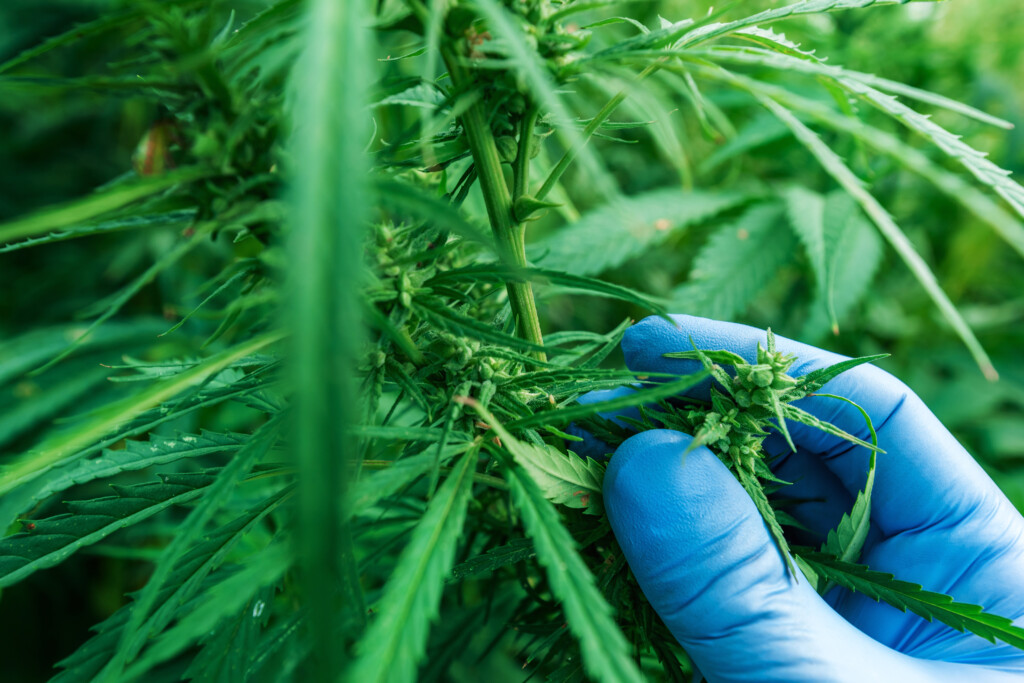The recent Marijuana Legalization in Canada has had significant repercussions on Canada as a whole. In the following section, we’ll tackle the latest updates on the legalization of cannabis and how it can impact the granting of pardons to individuals with criminal records. Here’s what you need to know:

Marijuana Legalization in Canada Updates
In a nutshell, weed is now legal in Canada. However, the Cannabis Act has been created to have a strict legal framework concerning the production, distribution, sale, and possession of cannabis in the whole of Canada. The goal of this act is to keep cannabis out of the hands of the youth, keep profits out of the pockets of criminals, and protect public health and safety.
- Marijuana Canada Law Main Premise:
Marijuana was legalized in Canada on October 17, 2008. The law allows those who are 18 years old and above to possess up to 30 grams of cannabis, share them with other adults, buy dried or fresh cannabis from a licensed retailer, grow up to four cannabis plants per residence, and make cannabis products such as food and drinks.
- Differences Between Marijuana Legalization in Provinces and Territories Across Canada:
Bill C-45 is set to legalize marijuana use across Canada. However, the distribution is up to each individual province or territory. Now, this legalization is somewhat delayed as provinces and territories have requested additional time to implement it.
- Impact Of Marijuana Legalization In Canada
It is important to note that the differences surrounding these individual laws can impact various factors and situations. These include the legal age of consumption, establishments allowed to sell marijuana, the allowance of homegrown marijuana, as well as locations where people may smoke.
- Implications:
Some provinces will have government-run and privately-owned stores while others will only permit government-run stores to sell marijuana. Quebec and Alberta will only allow those who are 18 years old and above to use cannabis legally. The rest of the provinces and territories set the legal age of consumption to be 19 years and older.
Four Canadian provinces have planned to launch sting operations in order to see if marijuana retailers are selling to minors. These sting operations will occur in B.C., Nova Scotia, Saskatchewan, and Newfoundland.
Impact of Marijuana Legalization on Canadian Pardon
Let’s take a look at the impact of marijuana legalization on Canadian pardon.
- Canadian Pardon in a Nutshell
We know that a pardon is a document granted by the government of Canada. It seals your criminal record, meaning the public will no longer be allowed to view it after you have been pardoned. Formally known as a record suspension, it has been granted since 2012 to those who have sought it. A pardon is useful because it opens up employment opportunities and other things to those who have criminal records.
- Legal Marijuana Impact on Pardon
Now let’s get into the main question, what then is the impact of marijuana legalization on pardons? According to Prime Minister Trudeau, pardons for marijuana-related offences will be reviewed and reconsidered once the law has been fully implemented. It is worth noting, however, that no pardons will be granted to those involved in trafficking marijuana.
Marijuana Legalization in Canada Final Words
The recent legalization of marijuana has been groundbreaking. Its scope extends far and wide. It has impacted the Canadian government’s grant of pardon to individuals with criminal records.
We specialise in pardon applications in Canada, get in touch today to see how we can help!